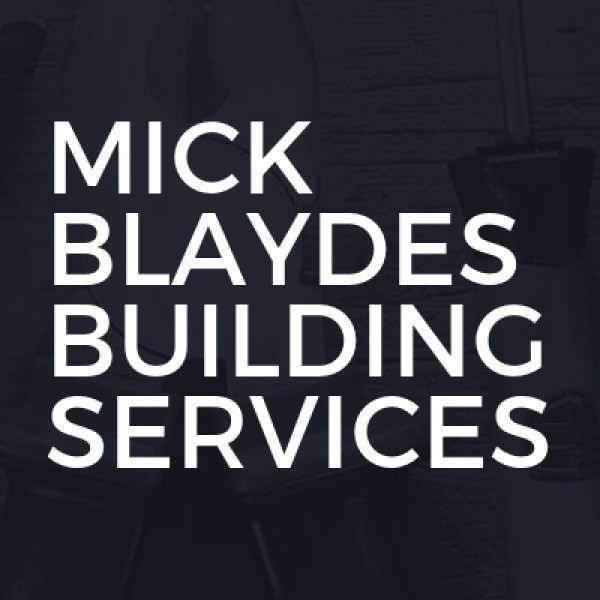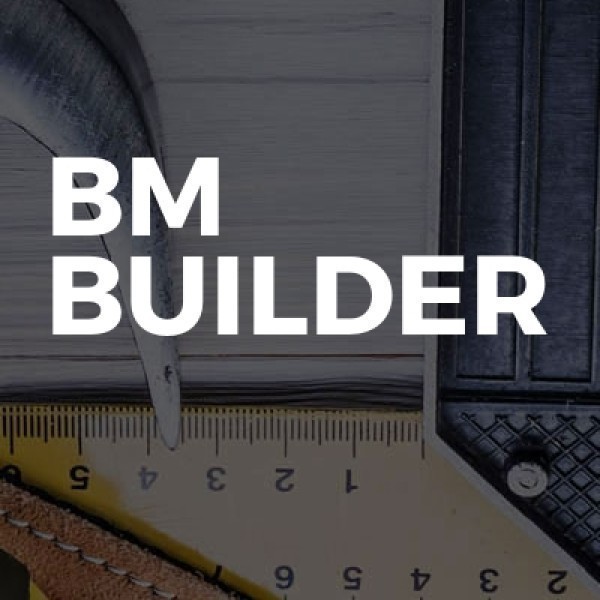Introduction to Extension Builders in Oldbury
Oldbury, a charming town in the West Midlands, is known for its rich history and vibrant community. As families grow and lifestyles change, many homeowners in Oldbury are opting to extend their homes rather than move. This is where extension builders in Oldbury come into play. These skilled professionals help transform existing spaces into dream homes, adding value and functionality.
Understanding the Role of Extension Builders
Extension builders are specialists in expanding and enhancing residential properties. They work closely with homeowners to design and construct additional spaces, such as extra bedrooms, larger kitchens, or home offices. Their expertise ensures that the new extension blends seamlessly with the existing structure, both aesthetically and structurally.
The Importance of Choosing the Right Builder
Selecting the right extension builder is crucial for a successful project. A reputable builder will have a proven track record, excellent references, and a portfolio of completed projects. They should also be knowledgeable about local building regulations and able to provide guidance on planning permissions.
Types of Home Extensions
There are several types of home extensions that homeowners in Oldbury can consider. Each type serves different needs and comes with its own set of benefits and challenges.
Single-Storey Extensions
Single-storey extensions are a popular choice for those looking to expand their living space without altering the overall structure of their home. These extensions are typically added to the rear or side of a property and can be used to create larger kitchens, dining areas, or living rooms.
Double-Storey Extensions
For those needing more space, double-storey extensions offer an excellent solution. By adding an extra floor, homeowners can significantly increase their living area, making room for additional bedrooms or bathrooms. This type of extension requires careful planning to ensure structural integrity and compliance with building codes.
Wrap-Around Extensions
Wrap-around extensions combine side and rear extensions to create a larger, more open-plan living space. This type of extension is ideal for those looking to maximise their property's footprint and create a modern, spacious environment.
Conservatories and Orangeries
Conservatories and orangeries are popular choices for homeowners looking to add a touch of elegance and natural light to their homes. These extensions are typically constructed with large windows and glass roofs, providing a seamless connection between indoor and outdoor spaces.
Planning and Designing Your Extension
Before embarking on an extension project, careful planning and design are essential. This stage involves working closely with your chosen builder to create a detailed plan that meets your needs and budget.
Assessing Your Needs
The first step in planning an extension is to assess your needs. Consider what you hope to achieve with the new space and how it will be used. This will help guide the design process and ensure that the final result meets your expectations.
Setting a Budget
Establishing a budget is a critical part of the planning process. It’s important to have a clear understanding of the costs involved, including materials, labour, and any additional expenses such as permits or design fees. A well-defined budget will help prevent unexpected costs and ensure the project stays on track.
Design Considerations
When designing your extension, consider factors such as the style of your existing home, the layout of the new space, and how it will integrate with the rest of the property. Your builder can provide valuable insights and suggestions to help create a cohesive and functional design.
Obtaining Planning Permission
In Oldbury, obtaining planning permission is a crucial step in the extension process. This ensures that your project complies with local regulations and does not negatively impact the surrounding area.
Understanding Local Regulations
Before starting your extension, it’s important to familiarise yourself with local building regulations. These rules govern aspects such as the height, size, and appearance of your extension, as well as its impact on neighbouring properties.
Submitting a Planning Application
Once you have a clear understanding of the regulations, you’ll need to submit a planning application to the local council. This application should include detailed plans and specifications of your proposed extension. Your builder can assist with this process, ensuring that all necessary documentation is submitted correctly.
Dealing with Planning Permission Challenges
Occasionally, planning permission applications may face challenges or objections. In such cases, it’s important to work closely with your builder and the local council to address any concerns and find a suitable resolution.
The Construction Process
Once planning permission is granted, the construction phase can begin. This stage involves transforming the approved plans into reality, with your builder overseeing all aspects of the project.
Site Preparation
The first step in the construction process is site preparation. This involves clearing the area, setting up necessary equipment, and ensuring that the site is safe and ready for building work to commence.
Building the Extension
With the site prepared, construction of the extension can begin. This involves laying foundations, erecting walls, and installing roofing. Throughout this process, your builder will ensure that all work is carried out to the highest standards and in compliance with building regulations.
Finishing Touches
Once the main structure is complete, attention turns to the finishing touches. This includes installing windows and doors, fitting electrical and plumbing systems, and completing any interior design elements. These final details are crucial in creating a polished and functional space.
Benefits of Home Extensions
Home extensions offer numerous benefits, making them an attractive option for homeowners in Oldbury.
Increased Living Space
One of the most significant advantages of a home extension is the increased living space it provides. Whether you need an extra bedroom, a larger kitchen, or a dedicated home office, an extension can help meet your needs without the hassle of moving.
Added Property Value
A well-designed and executed extension can significantly increase the value of your property. This makes it a worthwhile investment, particularly if you plan to sell your home in the future.
Customisation and Personalisation
Home extensions offer the opportunity to customise and personalise your living space. You can choose the layout, design, and features that best suit your lifestyle and preferences, creating a home that truly reflects your personality.
Enhanced Aesthetic Appeal
An extension can enhance the aesthetic appeal of your home, both inside and out. By carefully selecting materials and design elements, you can create a cohesive and visually pleasing space that complements your existing property.
Challenges and Considerations
While home extensions offer many benefits, there are also challenges and considerations to keep in mind.
Budget Constraints
One of the most common challenges faced by homeowners is budget constraints. It’s important to have a realistic understanding of the costs involved and to plan accordingly to avoid financial strain.
Disruption During Construction
Construction work can be disruptive, particularly if you’re living in the property while the extension is being built. It’s important to plan for this disruption and to work with your builder to minimise its impact on your daily life.
Potential Planning Permission Issues
As mentioned earlier, obtaining planning permission can sometimes be challenging. It’s important to be prepared for potential issues and to work closely with your builder and local council to address any concerns.
Finding the Right Extension Builder in Oldbury
Choosing the right extension builder is crucial for a successful project. Here are some tips to help you find the right professional for your needs.
Research and Recommendations
Start by researching local builders and seeking recommendations from friends, family, or neighbours who have undertaken similar projects. Online reviews and testimonials can also provide valuable insights into a builder’s reputation and quality of work.
Checking Credentials and Experience
Ensure that any builder you consider is properly licensed and insured. It’s also important to check their experience and expertise in handling similar projects, as this will give you confidence in their ability to deliver a successful outcome.
Requesting Quotes and Comparing Prices
Obtain quotes from multiple builders to compare prices and services. Be sure to ask for a detailed breakdown of costs and to clarify any potential additional expenses. This will help you make an informed decision and choose a builder that fits your budget.
Frequently Asked Questions
- What is the average cost of a home extension in Oldbury? The cost of a home extension in Oldbury can vary widely depending on the size and complexity of the project. On average, you can expect to pay between £1,200 and £2,000 per square metre.
- How long does it take to complete a home extension? The duration of a home extension project can vary depending on factors such as the size of the extension and any planning permission requirements. On average, a single-storey extension can take 3-4 months to complete, while a double-storey extension may take 6-8 months.
- Do I need planning permission for a home extension in Oldbury? In many cases, planning permission is required for home extensions in Oldbury. However, some smaller projects may fall under permitted development rights, which do not require planning permission. It’s important to check with your local council to determine the specific requirements for your project.
- Can I live in my home during the extension process? In most cases, it is possible to live in your home during the extension process. However, there may be some disruption, particularly during the construction phase. It’s important to discuss this with your builder and to plan accordingly to minimise any inconvenience.
- What should I look for in an extension builder? When choosing an extension builder, look for someone with a proven track record, excellent references, and a portfolio of completed projects. They should also be knowledgeable about local building regulations and able to provide guidance on planning permissions.
- How can I ensure my extension blends with my existing home? To ensure your extension blends seamlessly with your existing home, work closely with your builder during the design phase. Consider factors such as materials, colours, and architectural style to create a cohesive and harmonious look.


























